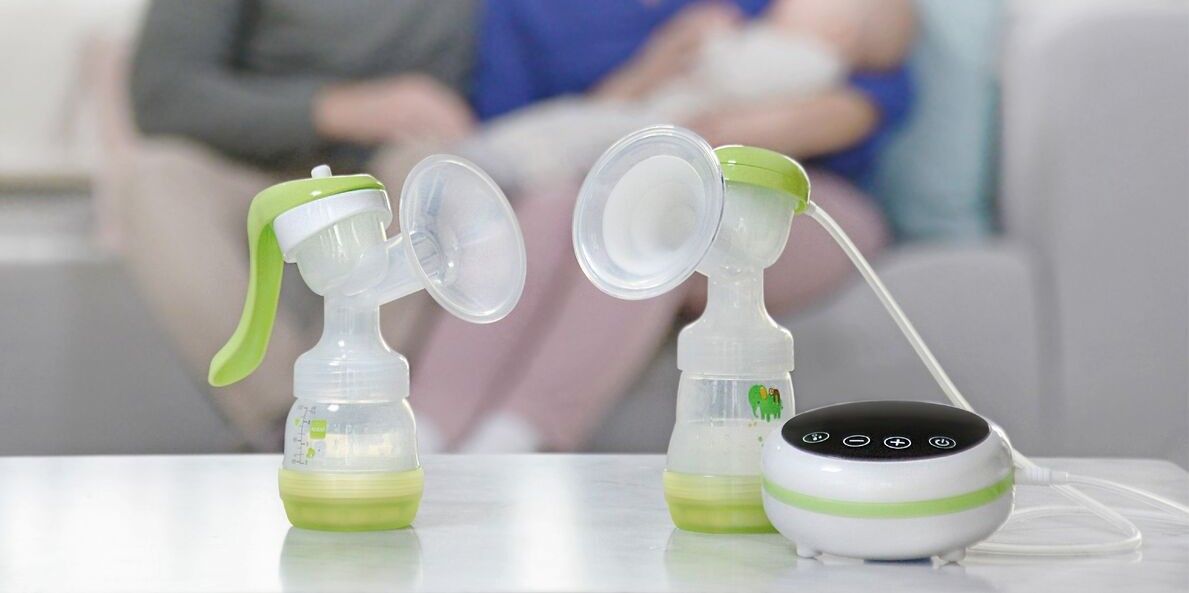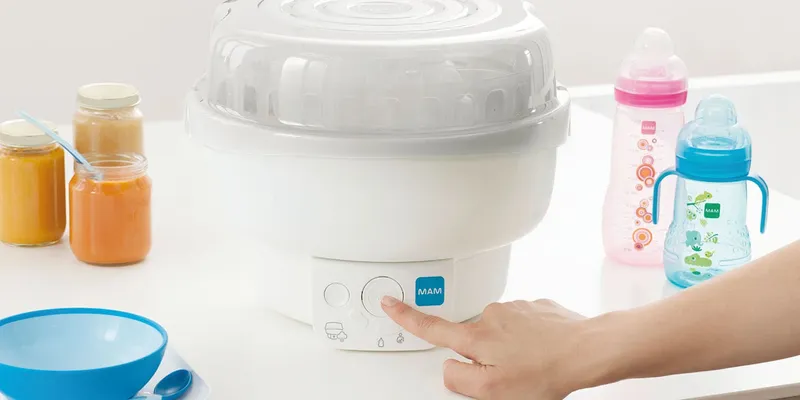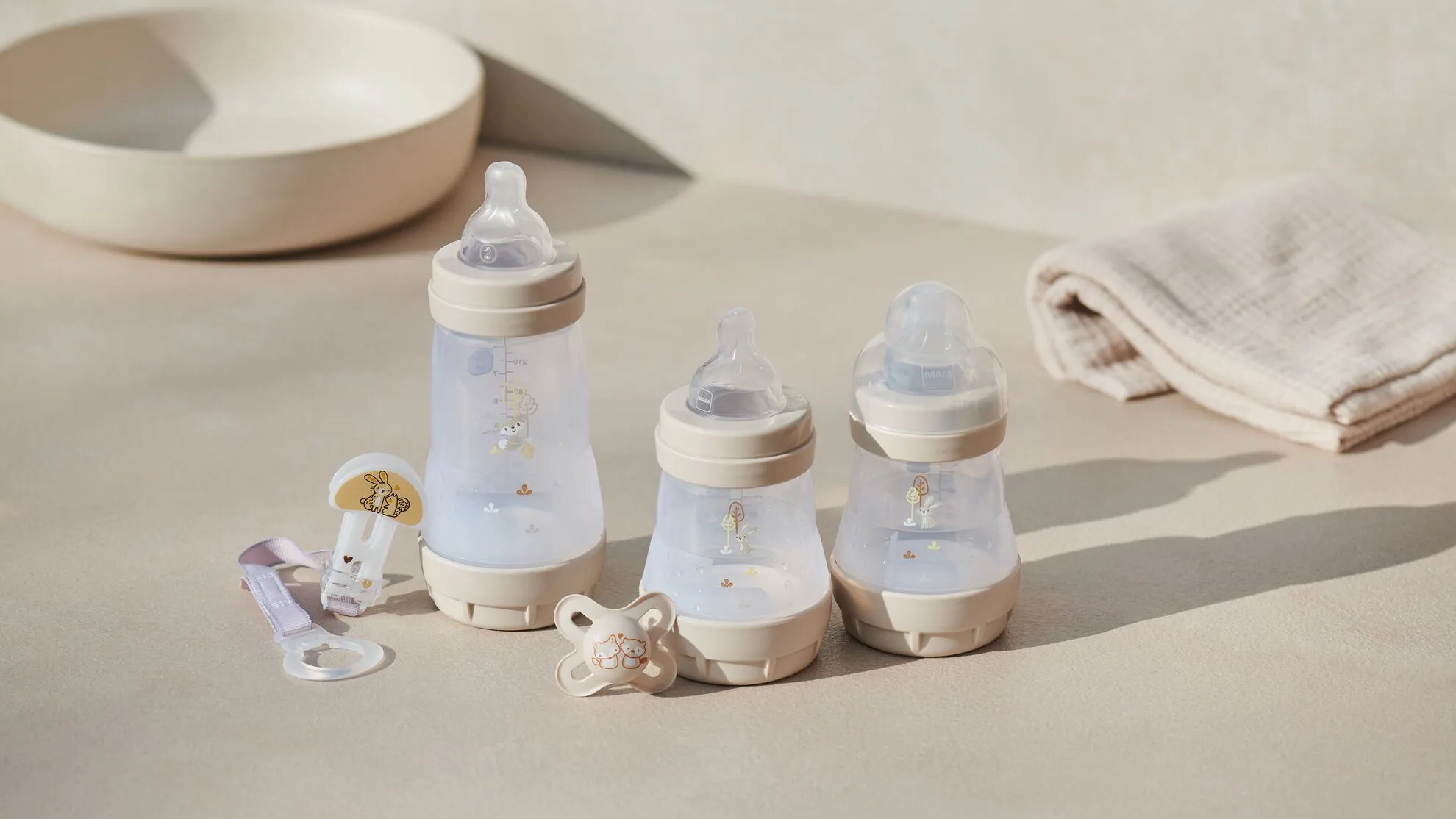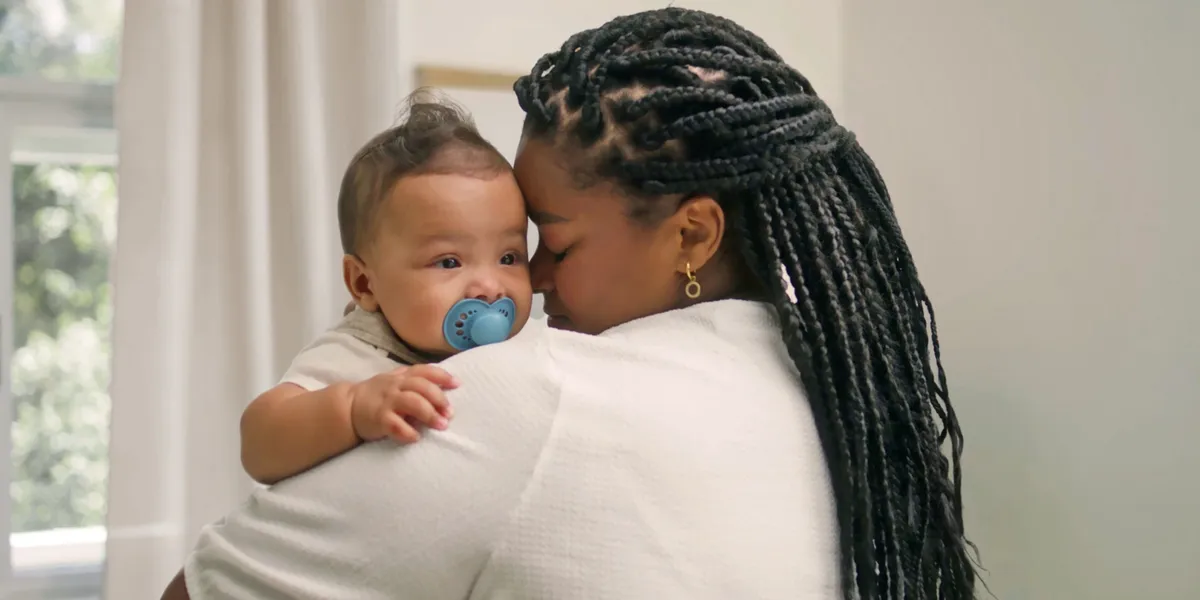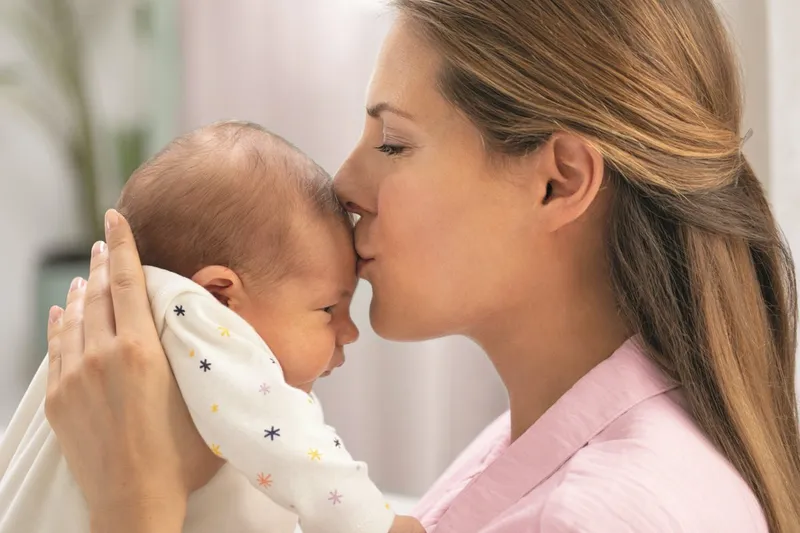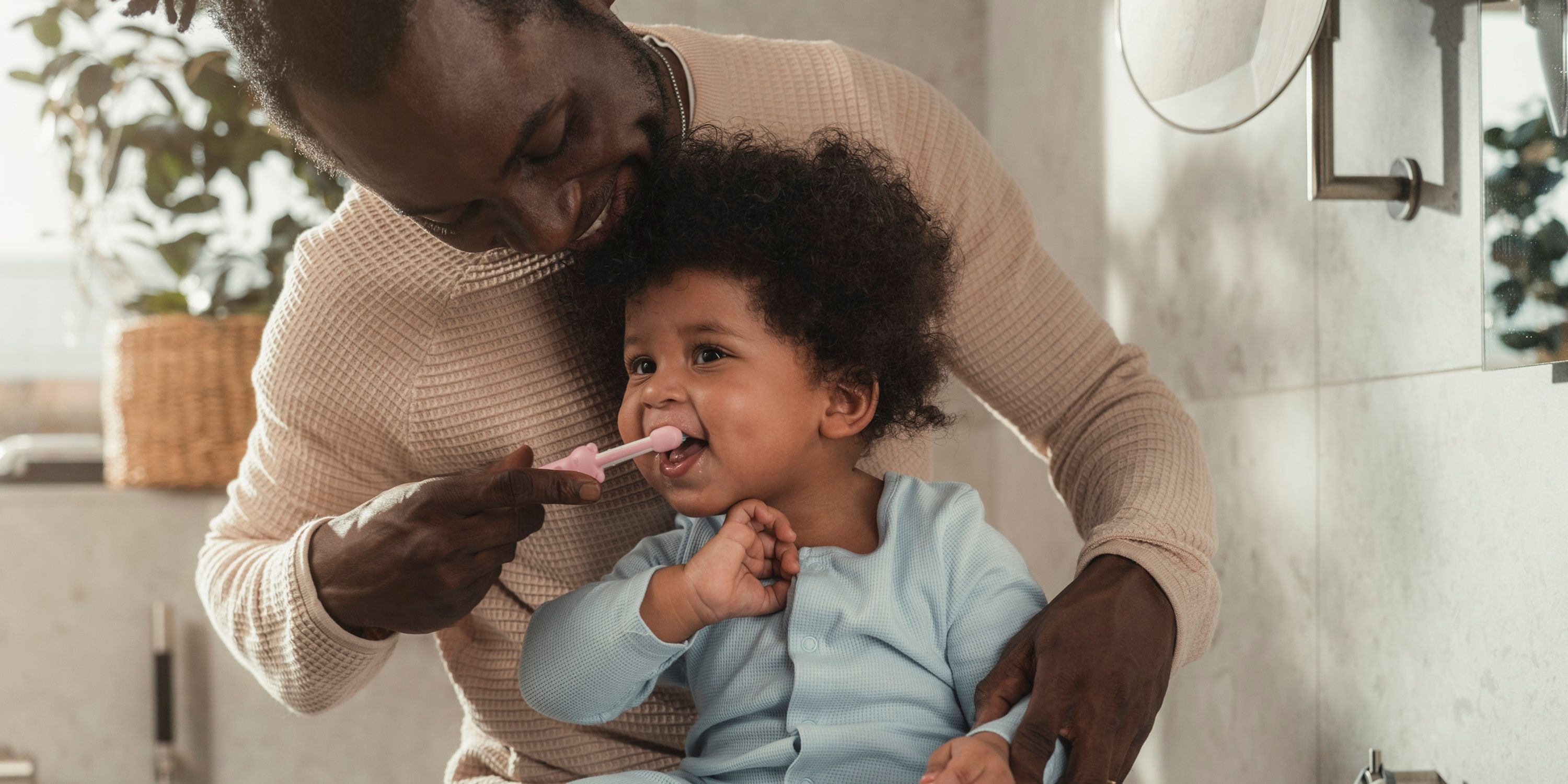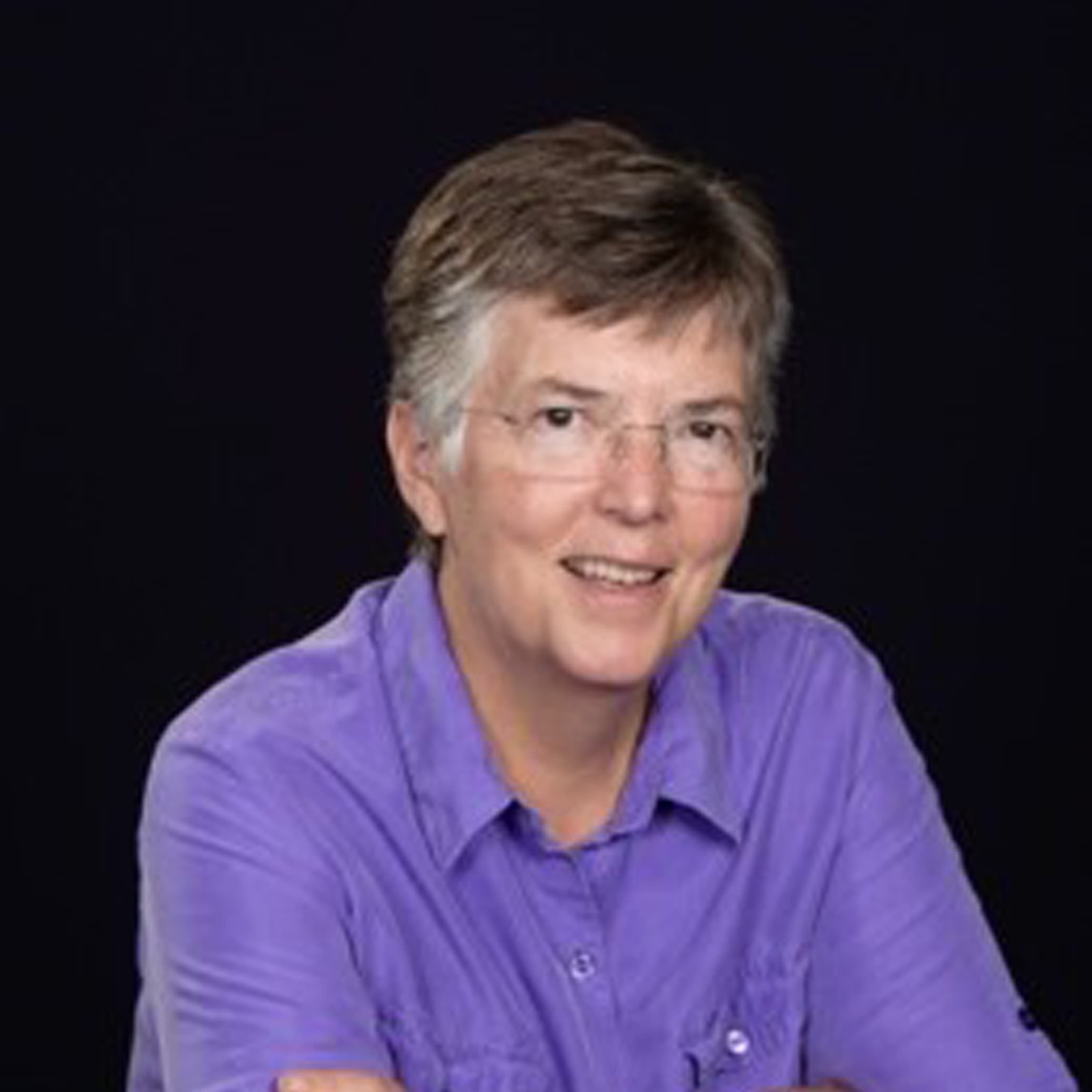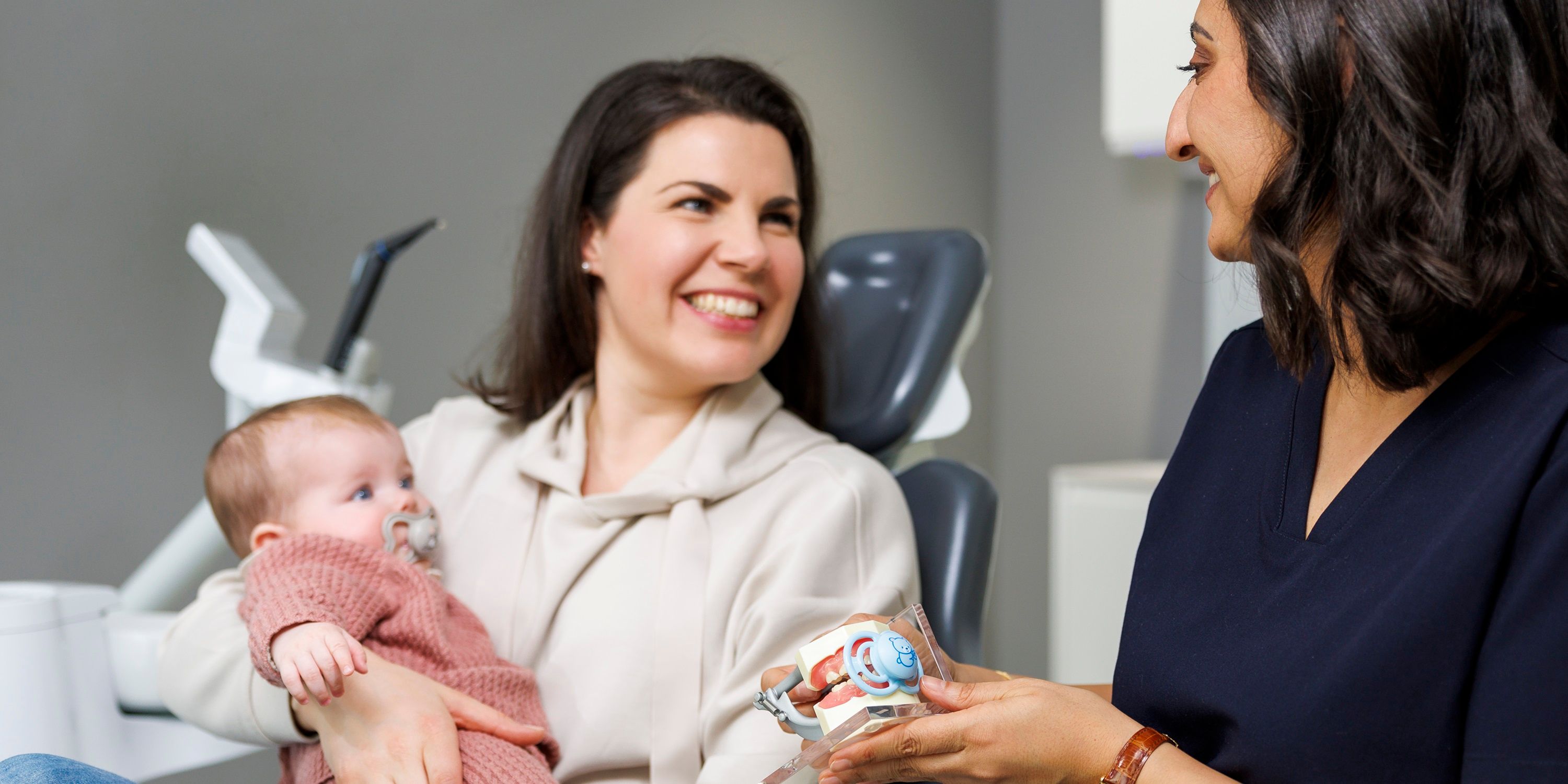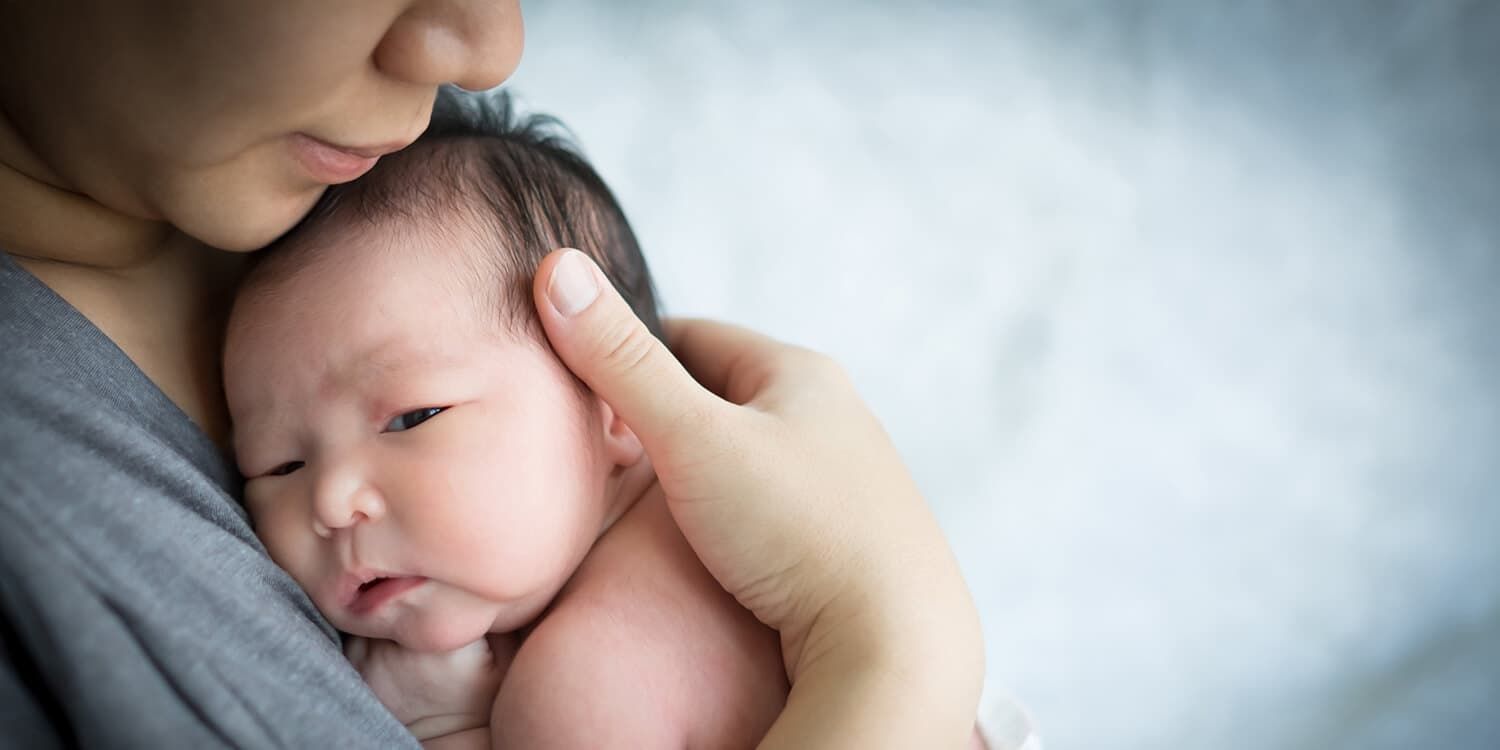We talked to Dr. Rebecca Slayton, Professor Emerita in the Department of Pediatric Dentistry, University of Washington, about the importance of beginning a regular regime of dental care from the very earliest days of life.
Today, well-cared for, healthy teeth are an intrinsic part of a healthy lifestyle. But when is the right time to start caring for a baby’s mouth and teeth? What is the right amount of care and how much may be too much?
MAM: Professor Slayton, thank you for giving us this interview. Can we start by asking when parents should start cleaning baby’s mouth and how?
Professor Slayton: Cleaning baby’s mouth is important even before teeth are present. The recommendation is that parents should clean baby’s mouth and gums at least once a day using a clean soft cloth or gauze. This gets the baby used to having its mouth cleaned. Once the first teeth come through, parents should use a small, soft toothbrush to clean all surfaces of the teeth. You can cradle baby in your arms during tooth brushing or in a knee-to-knee position with a partner. This gives better control of the baby’s head and hands and makes it easier to see inside the mouth. For front teeth, it’s helpful to lift the lip while brushing to provide better access to the entire tooth surface, especially along the gum line where plaque is more likely to form.
MAM: When do babies get their first teeth and how can you help alleviate the discomfort of teething?
Professor Slayton: A baby’s first tooth usually appears between 6 and 12 months. All the milk teeth should be through by age 3. It is not unusual for babies to experience discomfort during teething. This may cause them to cry or show a reduced appetite for food. Parents can help ease the discomfort of teething by giving the child a cold washcloth or teething ring to chew. Massaging baby’s gums with a clean finger can also provide some relief. Topical gels such as benzocaine are not recommended for children under 2 years of age. Parents should always seek professional medical advice before using any form of medication or other treatment.
MAM: When should you start using a toothbrush for your baby and how frequently should you use it?
Professor Slayton: A toothbrush should be used to brush baby’s teeth as soon as the first tooth comes through. Dentists recommend brushing the teeth at least twice daily. It is important that all surfaces of each tooth are brushed – front, back and top. Use a smear of fluoridated toothpaste to help prevent cavities.
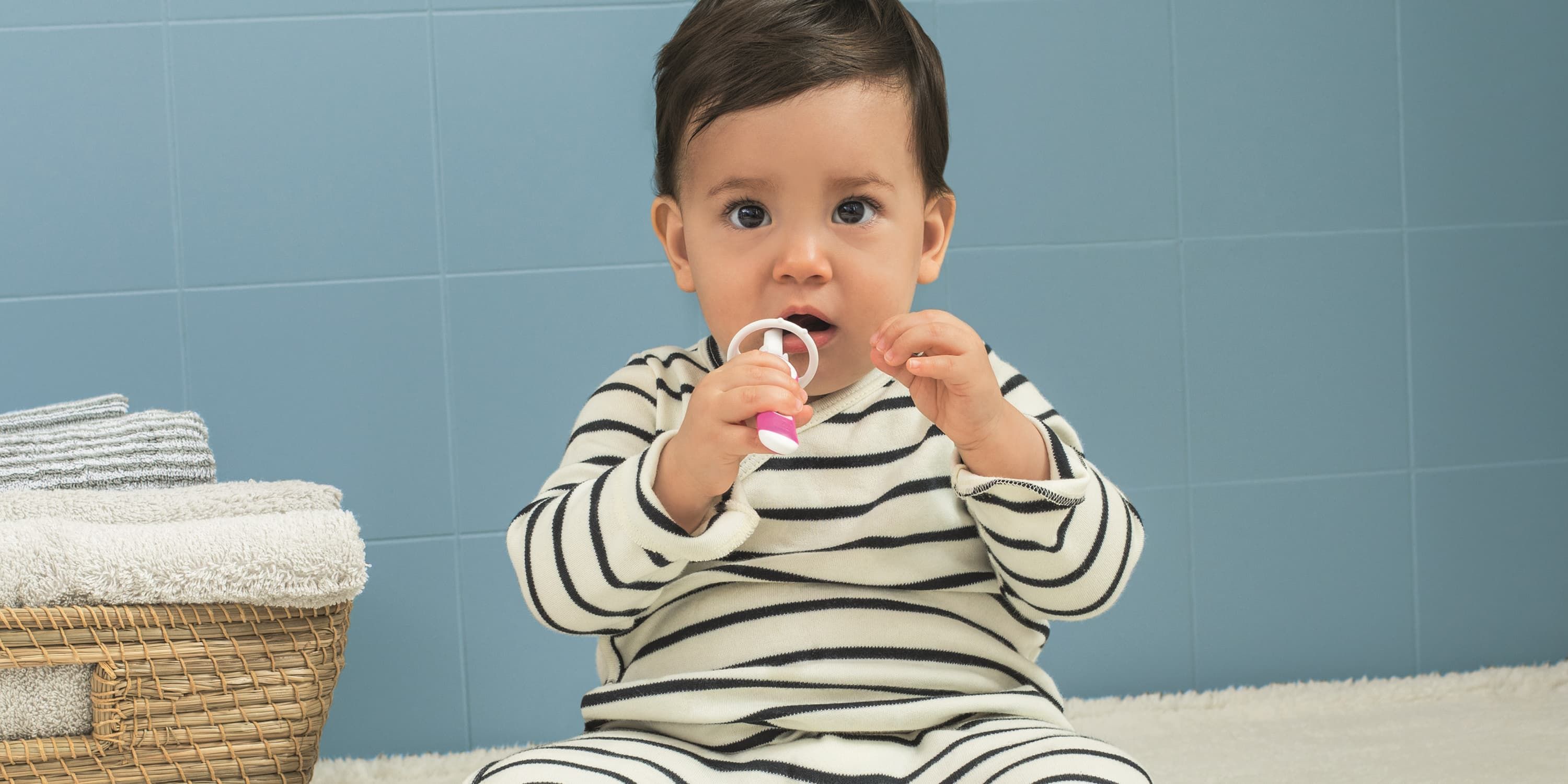
MAM: What else can parents do to support the healthy development of baby’s teeth?
Professor Slayton: During the first year of life, breast milk is recommended as the primary source of nutrition. As baby is weaned on to solid foods, you should provide a balanced diet of proteins, vegetables and fruits. Food and drinks containing refined sugars should be avoided. Babies should never be put to bed with a bottle containing a sugary drink as this promotes cavities and has no nutritional value. Contrary to some beliefs, that advice includes fruit juices, which are full of sugars.
MAM: When should you go to see a dentist for the first time?
Professor Slayton: It’s important for a child to find a regular dentist by 12 months of age. This means that the first visit should be within 6 months of the first tooth erupting, or by the time of the first birthday. This will give the dentist the chance to assess the risk of caries and talk to the parents about preventive topics. Besides caries, young children are prone to the risk of damaging their teeth in a fall while learning to walk. During the first dental visit, the dental team will talk to the family about how to maintain good oral health and prevent cavities and injury to the face and teeth.
MAM: Thank you very much for speaking with us. That was really informative.
Professor Slayton: It was my pleasure.















